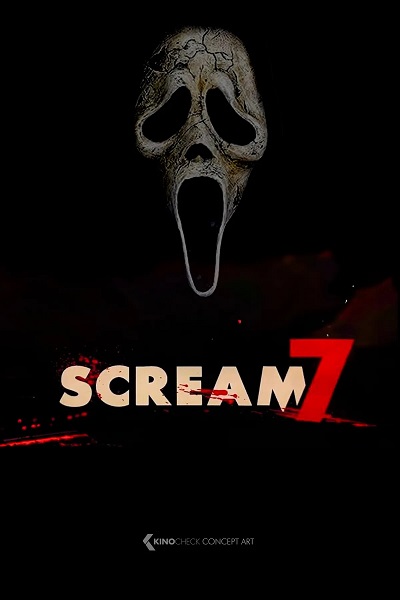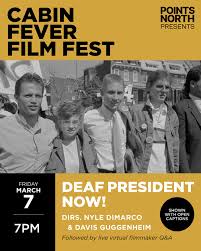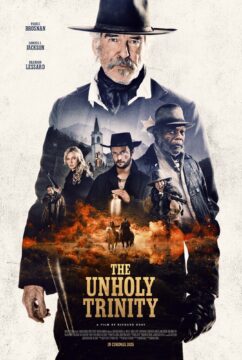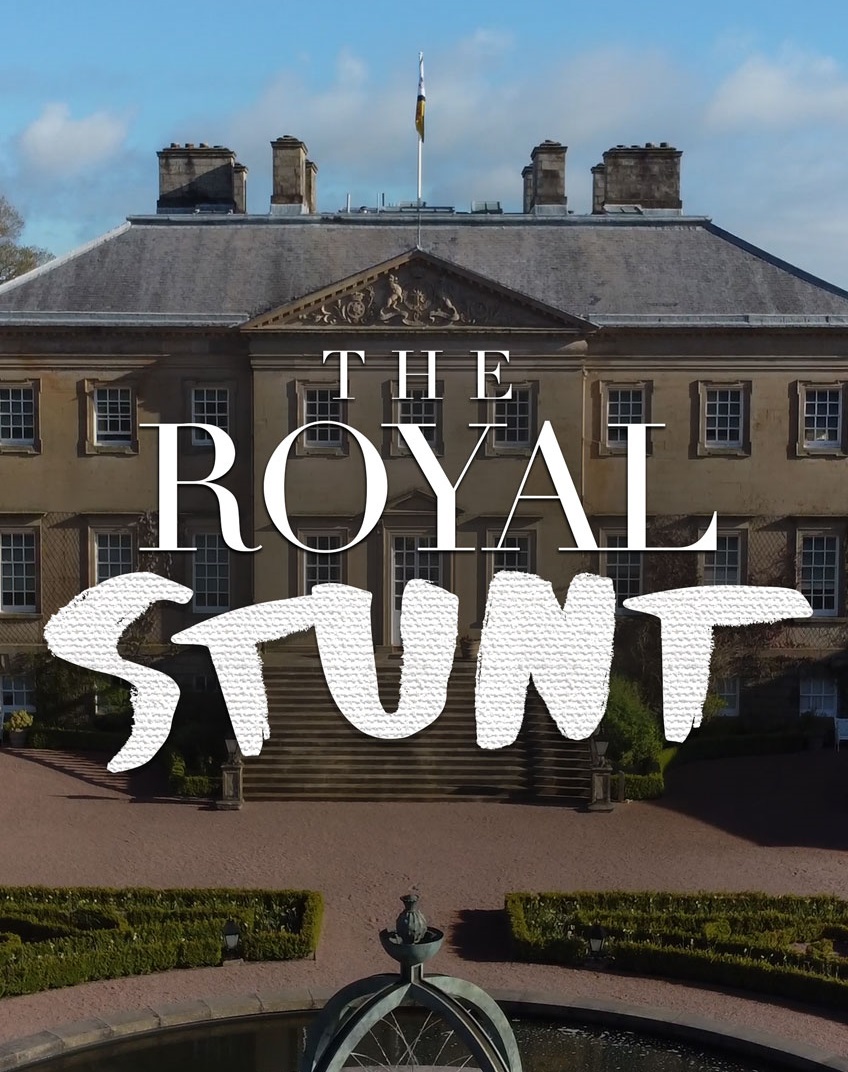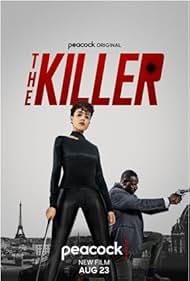|
 Who could have guessed that Marco Beltrami,
the film composer whose musical innovations have redefined the sound
of terror at the end of the 20th Century, had never watched a horror
film prior to writing one of his best known scores? "Scream was the
first one I�d seen in its entirety," he discloses, "Previous to that
I had little familiarity with the genre, probably because I'm a
cheap scare. Coming from a concert background, though, I realized
that horror lends itself well to compositional techniques associated
with 20th Century music, and so I was easily able to come up with a
unique voice for these films. Of course, the movies themselves are a
little bit over the top in their own right, so that affords me the
chance to have fun and shine musically." Who could have guessed that Marco Beltrami,
the film composer whose musical innovations have redefined the sound
of terror at the end of the 20th Century, had never watched a horror
film prior to writing one of his best known scores? "Scream was the
first one I�d seen in its entirety," he discloses, "Previous to that
I had little familiarity with the genre, probably because I'm a
cheap scare. Coming from a concert background, though, I realized
that horror lends itself well to compositional techniques associated
with 20th Century music, and so I was easily able to come up with a
unique voice for these films. Of course, the movies themselves are a
little bit over the top in their own right, so that affords me the
chance to have fun and shine musically."
Marco Beltrami has brought new
dimensionality to the scoring of suspense and horror in the cinema,
yet his quixotic progress through many genres of film music reflects
more than mere creative restlessness.In coming to film music,
Beltrami sought to escape from the late 19th century harmonies and
melodies that the immigrant Hollywood composers of the early 20th
Century brought with them from Europe, their legacy having endured
as a dominant paradigm for score writing."Though there will always
be new statements made utilizing that vocabulary, I�d rather speak
my own musical language. Film has the potential of allowing me to
explore my own ideas, which I find very attractive." Those ideas
have found an ever-widening audience via numerous recent
opportunities for this in-demand composer.
Beltrami has scored the hit TV drama series
The Practice and his recent film credits include Angel Eyes and
Blade 2. Other Beltrami scores have been heard on the soundtracks to
Scary Movie 2, Mimic, Joy Ride and the 2002 Sundance festival
favorite The Dangerous Lives of Altar Boys. In addition to the
recognition afforded by his cinematic efforts, Beltrami has received
awards from the American Acade my of Arts and Letters, the New York
Foundation for the Arts, the ASCAP Foundation, the Harry Warren
Fellowship Committee and Meet the Composer.
Beltrami�s family emigrated from Italy, and
Marco grew up on Long Island, New York, where his predilection to
create music surfaced early on. Beginning piano lessons at age 6,
the future film composer was often more interested in re-writing,
rather than practicing, his assigned pieces. As a teenager, he
played keyboards in rock bands, but when the future film composer
enrolled at Brown University, music was not initially his focus; a
career in urban planning beckoned at the time. Beltrami gravitated
to Brown�s electronic music studio, where he quickly realized the
innate compatibility of synthetic sounds with the European tonal
palette. Working there in the mid-�80�s, using both older analog
synthesizers and then-recent innovations such as the Synclavier,
Beltrami nurtured a passion for electronic sound and an aptitude for
bold, assured and arrestingly physical musical gestures.He strove to
incorporate synthesis alongside his orchestral, chamber and vocal
works, fostering a predilection for carefully structured music built
with meticulous attention to detail that has served him well in his
cinematic endeavors.
Graduating from Brown, he studied in Venice,
Italy with firebrand avant-garde composer Luigi Nono, though
recalling the period Beltrami admits that his lessons at the time
had more to do with politics than music. Upon his return to the
U.S., he entered the Yale School of Music on a scholarship. There he
was mentored by one of the most prominent of contemporary American
composers, Jacob Druckman, whose masterful expansions on principles
of orchestration put forward by Stravinsky and Ravel led Beltrami to
cite Druckman as "My biggest influence, the one who prompted me to
look at music in a new way." The polyglot influences of the young
composer�s student years left him convinced that there was room for
new voices in American orchestral composition. His was not to be the
pastoral vision of an Aaron Copeland, but rather one that reflected
the founding notion of America as a cauldron of hybridized ideas and
cultures. Beltrami relished the idea of a musical landscape where,
in his words, "the music of a Jamaican bandleader was of equal
importance with the work of a Germanic music scholar." The one-time
urban planner, inspired by the energy of American cityscapes,
resolved to incorporate comparable intensity into his music.
Marco Beltrami�s transition to film work was
abetted by a commission from the American Academy of Arts and
Letters to write music after graduation. (Not wanting to teach, "the
money held me over," he allows. Having applied to a program at USC
in Los Angeles taught by the venerated film composer Jerry
Goldsmith, Beltrami migrated westward in the early �90s, stopping
along the way for performances of his work at a North Carolina dance
festival, prior to landing in California in time for Goldsmith�s
classes.While learning the technical aspects of film scoring,
Beltrami completed orchestral commissions for the Chicago Civic
Orchestra, the Sao Paulo State Orchestra and the Oakland East Bay
Symphony. After pounding the pavement subsequent to his latest brush
with academia, Beltrami earned initial notice with his 1994
soundtrack for a Sony-funded USC short, The Bicyclist. In the
following year his theme for the television series Land's End
enhanced his profile substantively, leading to an invitation from
noted horror film director Wes Craven; the latter requested a
thirteen-minute cue, which Beltrami wrote over a weekend. Craven�s
subsequent offer to score Scream led to other Miramax projects,
including the next two installments in the burgeoning Scream
franchise, additional scoring for 1998�s Nightwatch as well as the
music accompanying the killer insects of Guillermo del Toro's Mimic.
Despite working on back-to-back projects
during the past two years, Beltrami still has much interest in
extra-cinematic applications of music, consistently writing for
dance ensembles and orchestras. His music is regularly performed in
concert venues; the Oakland Symphony premiered one of his pieces in
January 2002 and Marco is currently preparing for the concert
premiere of a work written for two pianos. Of his most recent
writing, a recent Beltrami score for the Scandinavian film I Am Dina
marks something of a departure for the composer. The film is a dark
epic period piece concerning the life of a tempestuous Norwegian
cellist. Beltrami studied the work of northern European composers
such as Grieg and Sibelius, who added folk instruments such as the
hardanger fiddle to their orchestral writing. Beltrami then added
electronic manipulations of acoustic instruments, creating an
unusual subtext to already exotic timbres steeped in historic
significance. "More important to me was the challenge of bridging
classical Norwegian musical ideas with 20th Century timbral style.
The picture's thematic emphasis drew me in, with her melodic gifts
emphasized in the story." In art, as in life, an iconoclast with
melodic gifts alters the landscape around them. The titular subject
of I Am Dina can�t help but bring to mind composers like Marco
Beltrami, forward-thinking, willing to take creative risks in the
name of capturing intensity with novel and enduring melodies. |
 Who could have guessed that Marco Beltrami,
the film composer whose musical innovations have redefined the sound
of terror at the end of the 20th Century, had never watched a horror
film prior to writing one of his best known scores? "Scream was the
first one I�d seen in its entirety," he discloses, "Previous to that
I had little familiarity with the genre, probably because I'm a
cheap scare. Coming from a concert background, though, I realized
that horror lends itself well to compositional techniques associated
with 20th Century music, and so I was easily able to come up with a
unique voice for these films. Of course, the movies themselves are a
little bit over the top in their own right, so that affords me the
chance to have fun and shine musically."
Who could have guessed that Marco Beltrami,
the film composer whose musical innovations have redefined the sound
of terror at the end of the 20th Century, had never watched a horror
film prior to writing one of his best known scores? "Scream was the
first one I�d seen in its entirety," he discloses, "Previous to that
I had little familiarity with the genre, probably because I'm a
cheap scare. Coming from a concert background, though, I realized
that horror lends itself well to compositional techniques associated
with 20th Century music, and so I was easily able to come up with a
unique voice for these films. Of course, the movies themselves are a
little bit over the top in their own right, so that affords me the
chance to have fun and shine musically." 